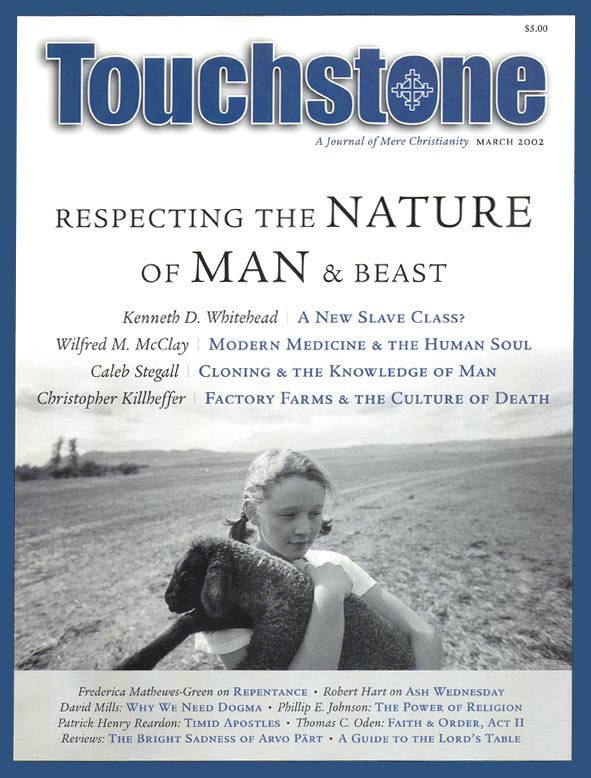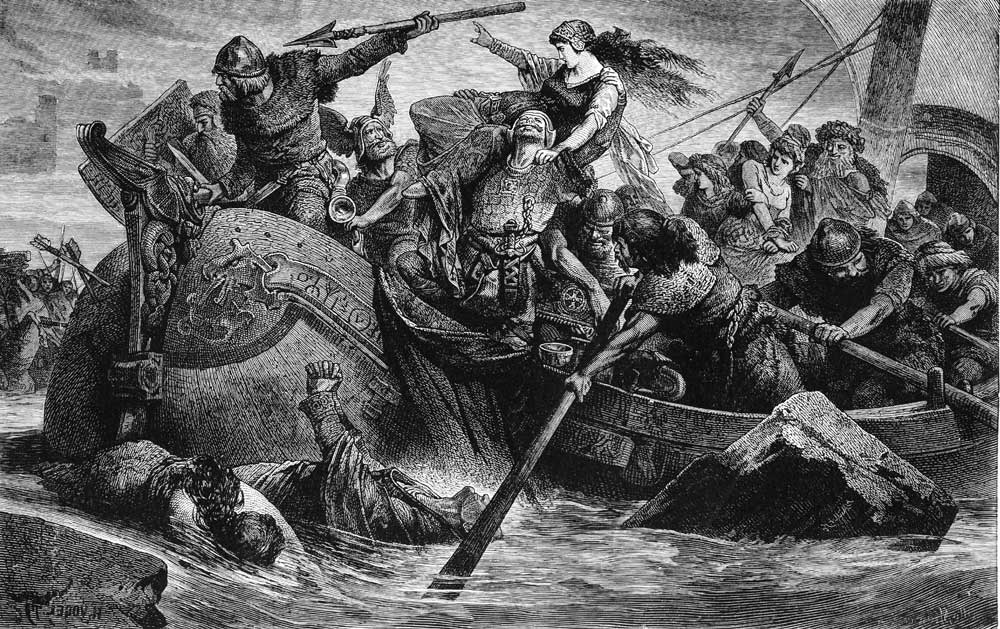Recognizing the Power of Religion
I woke up early on September 11, 2001, and booted up my computer to check the news on the Internet. I thus saw the earliest coverage of the hijacked jetliners striking the twin towers of the World Trade Center and the appalling destruction that followed. Anyone familiar with the Internet knows that hoaxes abound, and so it is wise not to repeat any sensational news until you are absolutely sure it really happened. As I paused to be sure my eyes were not deceiving me, I remember thinking, “I sure do hope that this is the mother of all Internet hoaxes.” When the reality and extent of the devastation became clear, the following hours were largely spent wondering and worrying about what would come next.
The first public comment I recall hearing after the collapse of the towers was ascribed to Jerry Falwell, who was said to attribute the tragedy to God’s disgust at the wickedness of Falwell’s usual targets, particularly abortionists and homosexuals. This crudity was instantly condemned from every point on the political spectrum, including the religious right. The reaction from journalists was in many cases more “over the top” than the original remark, with various commentators suggesting that Falwell (and perhaps all Christian fundamentalists) belonged in the same category as the Islamic terrorists who had hijacked the airplanes.
Just as Falwell had seen the disaster as an opportunity to blame his usual scapegoats, the mainstream journalists seized the opportunity to blame their own preferred scapegoats—Christian fundamentalists. It probably never occurred to them that they were doing exactly the same thing that they condemned when Falwell did it. By media convention, religious “fundamentalists” (loosely defined) are what might be called designated scapegoats, who can be blamed at any time for just about anything. Homosexuals and abortion providers are in a protected category, however, and one rarely reads anything unfavorable about them in the newspapers.
THIS ARTICLE ONLY AVAILABLE TO SUBSCRIBERS.
FOR QUICK ACCESS:
Phillip E. Johnson is Professor of Law (emeritus) at the University of California at Berkeley. He is the author of Darwin on Trial, The Wedge of Truth, The Right Questions (InterVarsity Press), and other books challenging the naturalistic assumptions that dominate modern culture. He is a contributing editor of Touchstone.
subscription options
Order
Print/Online Subscription

Get six issues (one year) of Touchstone PLUS full online access including pdf downloads for only $39.95. That's only $3.34 per month!
Order
Online Only
Subscription

Get a one-year full-access subscription to the Touchstone online archives for only $19.95. That's only $1.66 per month!
bulk subscriptions
Order Touchstone subscriptions in bulk and save $10 per sub! Each subscription includes 6 issues of Touchstone plus full online access to touchstonemag.com—including archives, videos, and pdf downloads of recent issues for only $29.95 each! Great for churches or study groups.
Transactions will be processed on a secure server.
more from the online archives
calling all readers
Please Donate
"There are magazines worth reading but few worth saving . . . Touchstone is just such a magazine."
—Alice von Hildebrand
"Here we do not concede one square millimeter of territory to falsehood, folly, contemporary sentimentality, or fashion. We speak the truth, and let God be our judge. . . . Touchstone is the one committedly Christian conservative journal."
—Anthony Esolen, Touchstone senior editor










